Description
In Depth
Terra Superfood, an advanced formulation by Alimentum Labs, emerges as a cornerstone for digestive and whole body health. This prebiotic superfood powder nurtures a diverse microbiome and supports soil-based organisms (SBOs) with a carefully selected blend of fruits, vegetables, mushrooms, roots, and herbs that deliver essential nutrients, polyphenolic compounds, and bioflavonoids for overall well-being. The enzyme mix enhances digestive functions, reduces digestive plaque, and promotes gut health.
Terra Superfood was designed to complement Terra µBiomic, by enhancing its probiotic benefits while tackling dietary imbalances, stress, and antibiotic effects. Terra Superfood is a versatile, safe, and effective solution for a balanced microbiome, embodying Alimentum Labs’ commitment to vibrant health.
Key Features
- Noni (Morinda citrifolia L.) stands out as a tropical fruit with potent antibacterial and antioxidant properties that promote overall health. Research suggests that this ingredient plays a significant role in enhancing colon microflora, promoting the growth of beneficial probiotics, and exhibiting anti-inflammatory effects in the gut, demonstrating its influence in fostering a healthy gut. Furthermore, the symbiotic relationship reported between noni and the Bacillus bacterial species adds an extra layer of protection for the plant by not only shielding the plant from harmful bacteria, but also by contributing antioxidant benefits to the fruit during its growth.
- Beetroot, abundant in betaine, betanin, nitrate, and a spectrum of other essential nutrients, not only provides cytoprotective effects and regulates glucose and lipid metabolism, but also safeguards the cardiovascular system, liver, and kidneys. Its prebiotic properties support a healthy microbiome by promoting growth of beneficial bacteria and creating an environment that inhibits pathogenic strains. Moreover, beetroot’s popularity extends to its frequent use as a natural pre-workout for its ability to enhance athletic endurance performance, making it a versatile addition to a holistic wellness routine.
- Serratiopeptidase is a remarkable enzyme that exhibits a spectrum of health benefits, including reducing inflammation, disrupting biofilms, and potentially providing pain relief without blood-thinning effects. Supported by over 40 clinical studies, this enzyme has demonstrated efficacy in reducing inflammation in the ears, nose, and throat, as well as alleviating overall chronic pain in just eight days. This versatile enzyme also exhibits promising potential in preventing arterial plaque buildup, further showcasing its role in supporting overall health.
- Beta-glucanase, an enzyme that targets complex carbohydrates called beta-glucans, plays a crucial role in supporting the digestion and absorption of these compounds typically found in the cell walls of grains, yeast, and mushrooms. By facilitating the break down of these health-promoting beta-glucans, beta-glucanase help maximize the potential health benefits of the prebiotic blend within Terra Superfood, promoting overall digestive health and well-being.
- Reishi mushrooms play a multifaceted role in promoting overall health. They support the immune system by positively influencing white blood cells, aid in stress reduction, and exhibit anti-inflammatory properties due to their rich antioxidant content. Moreover, reishi mushrooms contribute to improved gut health by fostering the growth of probiotic bacteria, promoting a diverse microbiome, and supporting the gut-brain axis. Studies suggest positive effects on brain health and nerve growth, highlighting reishi’s comprehensive benefits for the body’s well-being. Additionally, reishi mushrooms act as an adaptogen, promoting liver function and contributing to the body’s natural sleep cycles. The inclusion of reishi, along with the other beneficial mushrooms in Terra Superfood, promotes the proliferation of soil-based organisms with its beta-glucans content acting as prebiotics to nourish and support the growth of beneficial gut microbes.
White Paper
The White Paper is your comprehensive guide to understanding this product. It details the ingredients, their functions, and how they work together to deliver results. Complete with usage guidance and safety information, it’s an invaluable resource for anyone seeking a thorough understanding of this formula.
Essential Ingredients
- Noni
- Beetroot
- Serratiopeptidase
- Beta-Glucanase
- Reishi Mushrooms
Directions
Mix 1 scoop into 8-16 oz. of your choice of liquid daily, or as directed by your health care provider.
Warnings
Keep away from heat, sunlight, and out of the reach of children.
Quality Guarantee
cGMP facility
Vegan
Non-GMO
Gluten Free
Dairy Free
No Sugar
Frequently Asked Questions
Who should take Terra Superfood?
Terra Superfood is recommended for individuals seeking improved digestive health, enhanced gut barrier function, and comprehensive body well-being. It is especially beneficial for those facing chronic digestive issues, aiming to support immune functions, and looking to maintain a diverse microbiome. Additionally, individuals pursuing overall health and vitality, those with specific health concerns, and those incorporating detox, gut reset, pathogen purging, immune, and digestive health regimens into their routine can find Terra Superfood to be a valuable addition to their wellness protocols. Always consider individual needs, and consulting with a practitioner is advisable before making changes to supplement regimens.
How should I take Terra Superfood?
To use Terra Superfood, mix one scoop with 8 oz. of your preferred liquid, mix thoroughly, and consume immediately for the best taste. It can be taken with or without food. However, for optimal results it is highly recommended to pair it with the synergistic SBO probiotic, Terra µBiomic. Keep in mind that individual needs may vary, so consulting with your practitioner before making any changes to doses or protocols is advisable.
Can I take Terra Superfood with other supplements?
Yes, Terra Superfood can be taken with other supplements. In fact, it can be used as a supportive prebiotic for any of Alimentum Labs’ probiotic formulas. However, it’s always advisable to consult with your practitioner before combining it with additional supplements to ensure compatibility and achieve optimal results based on your individual health needs.
Can I take Terra Superfood if I'm pregnant?
When used as directed, there are no contractions with pregnancy. In fact the superfood content may help provide essential nutrients to the mother and fetus. However, pregnancy is a delicate time, and therefore it’s essential to always consult with your health care practitioner before taking a new supplement, including Terra Superfood, to ensure it aligns with your specific health needs during pregnancy.
Why is noni important for promoting a healthy microbiome?
Noni is crucial for promoting a healthy microbiome due to its antibacterial and antioxidant effects that have been shown to improve colon microflora, foster the growth of probiotics, and exhibit anti-inflammatory activities in the gut. Moreover, noni has a symbiotic relationship with certain Bacillus species, enhancing its ability to protect against harmful bacteria. This interaction contributes to the maintenance of a diverse and beneficial microbial environment in the intestinal tract, supporting overall gut health.
How does Terra Superfood promote digestive health?
Terra Superfood promotes digestive health through its precise blend of digestive enzymes and health-promoting fruits, vegetables, mushrooms, roots, and herbs. This synergistic combination works together to enhance colon health, improve the gut barrier, reduce digestive plaque, and promote essential digestive functions. The prebiotic fruit and vegetable blends provide essential fibers, oligosaccharides, polyphenolic compounds, and bioflavonoids that nourish beneficial soil-based organisms (SBOs) and support a diverse microbiome. The enzyme blend assists in the absorption of nutrients and unlocks phytonutrients in plant cells, ensuring optimal nutrient utilization. Additionally, Terra Superfood’s multifaceted approach aids in eliminating gas, bloating, indigestion, and diarrhea, contributing to overall digestive well-being.

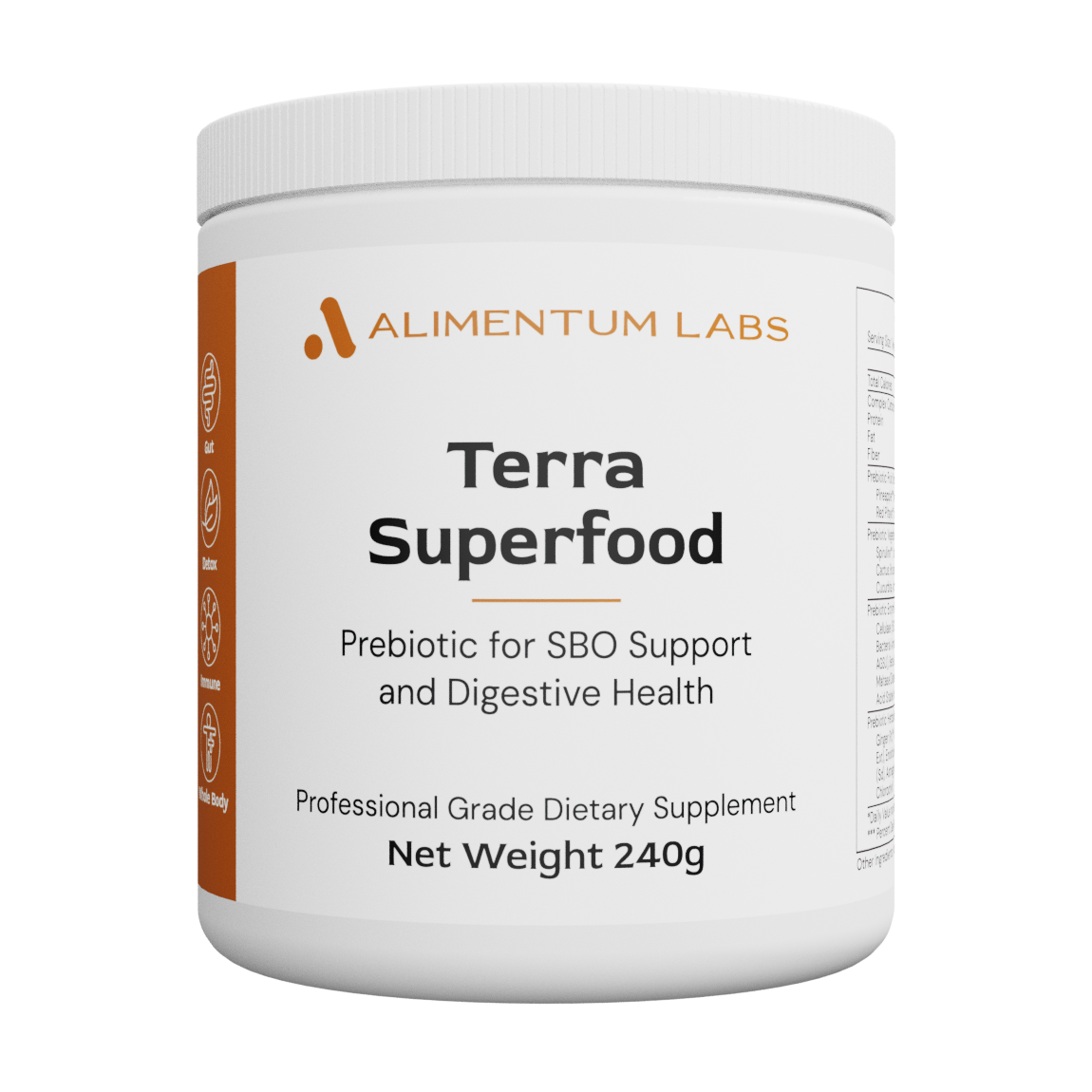
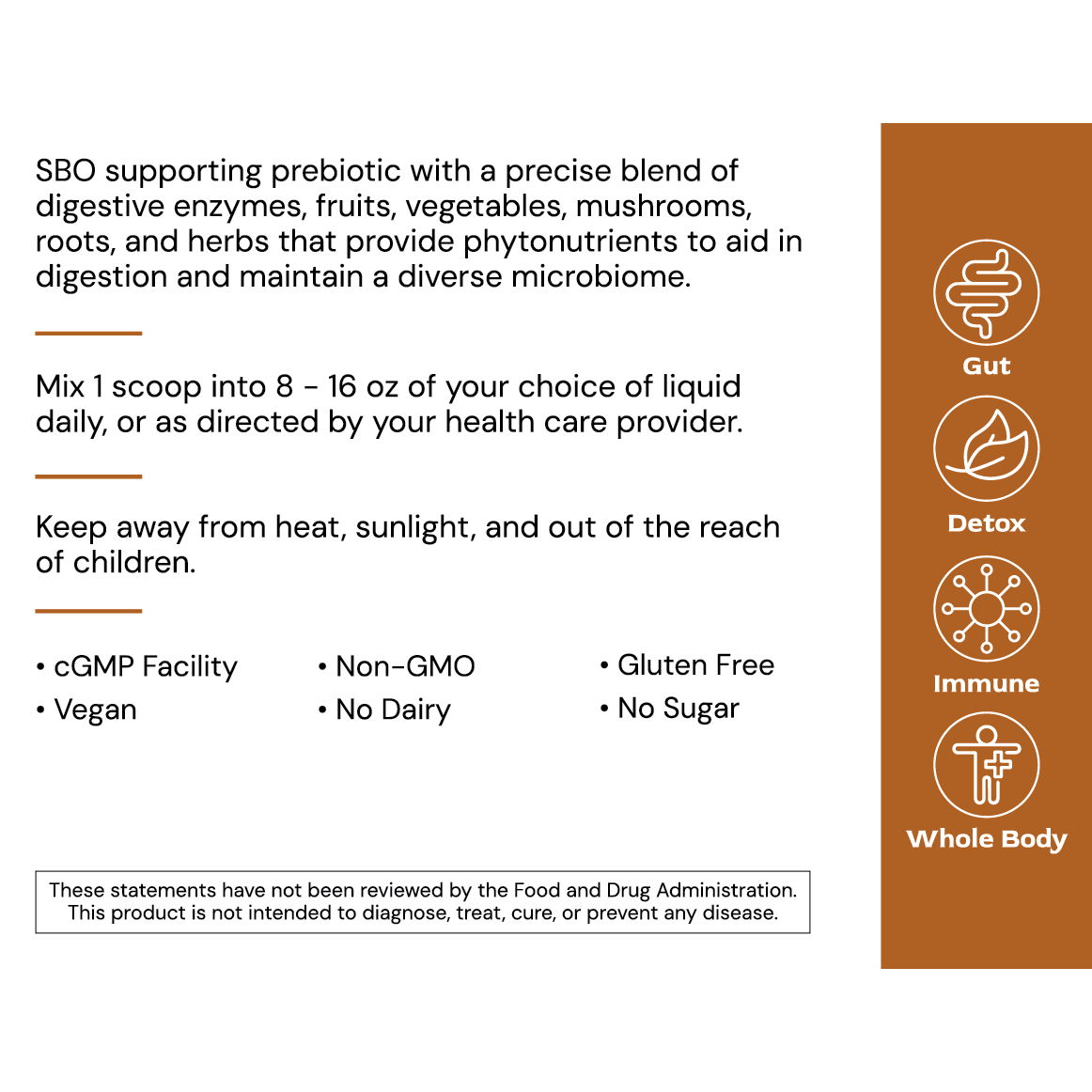
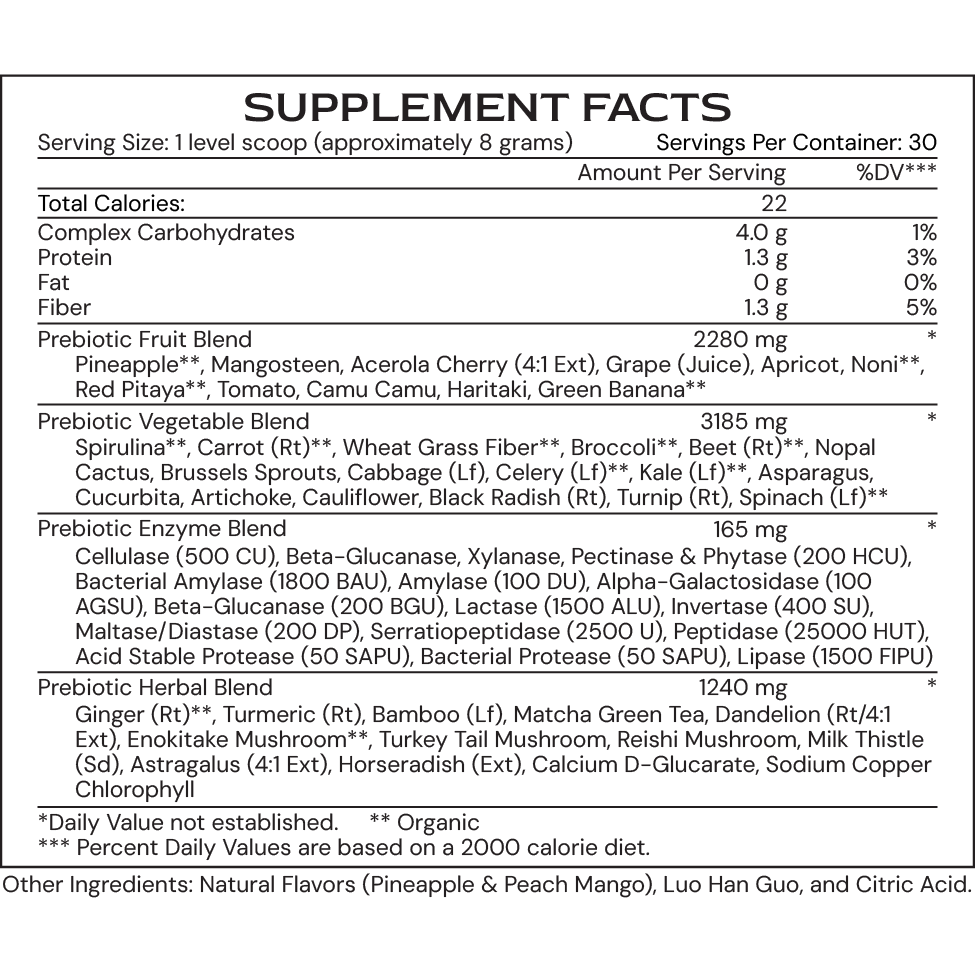
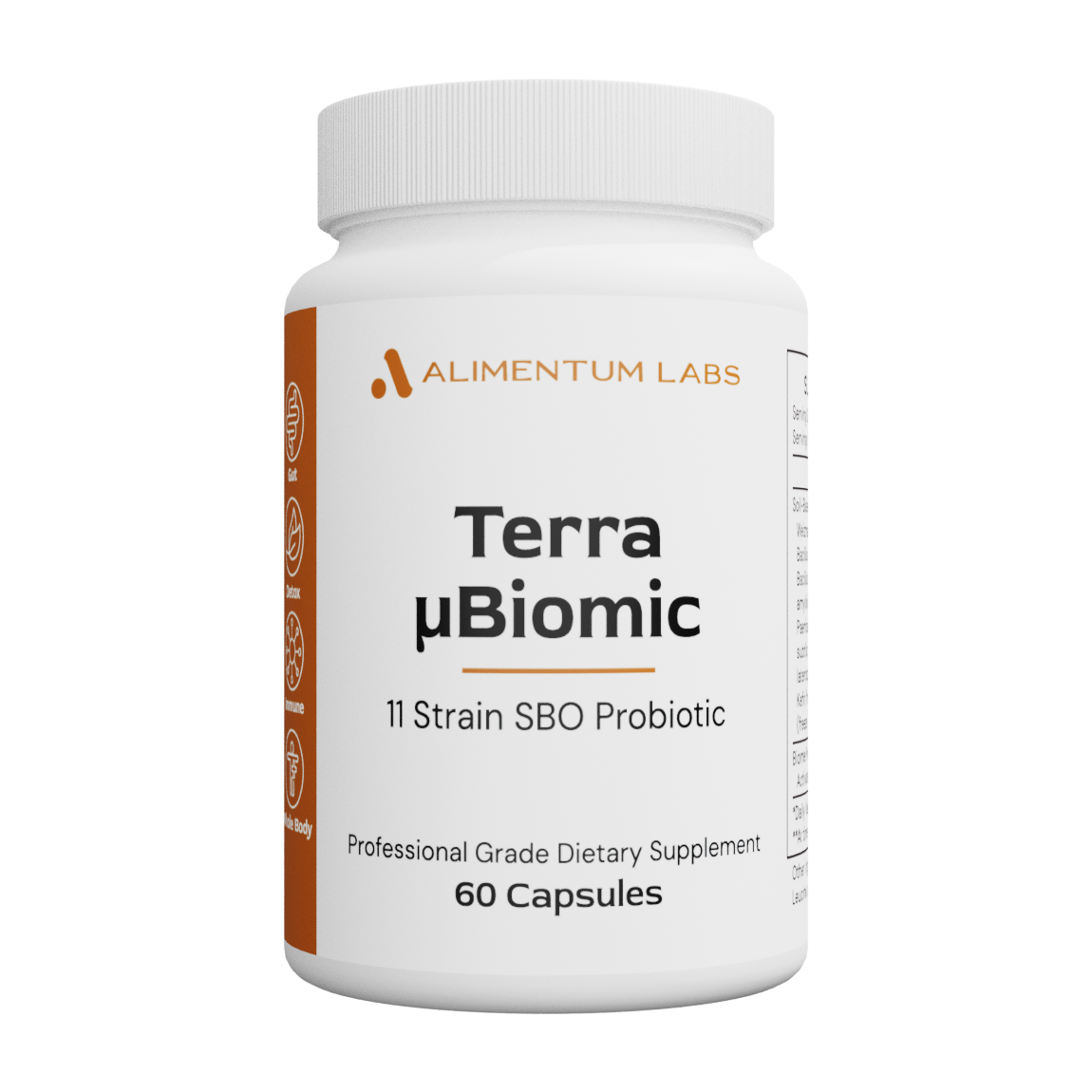
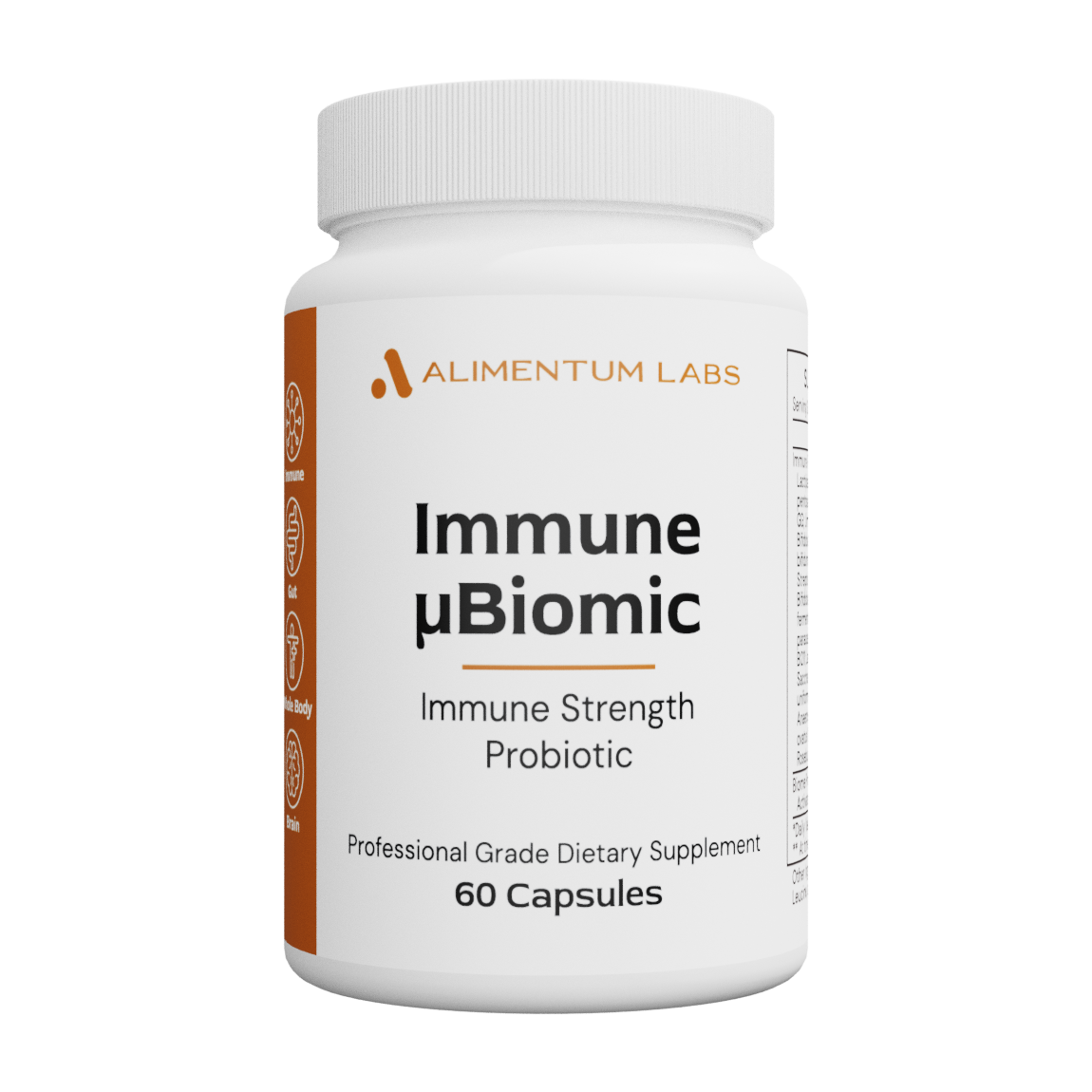
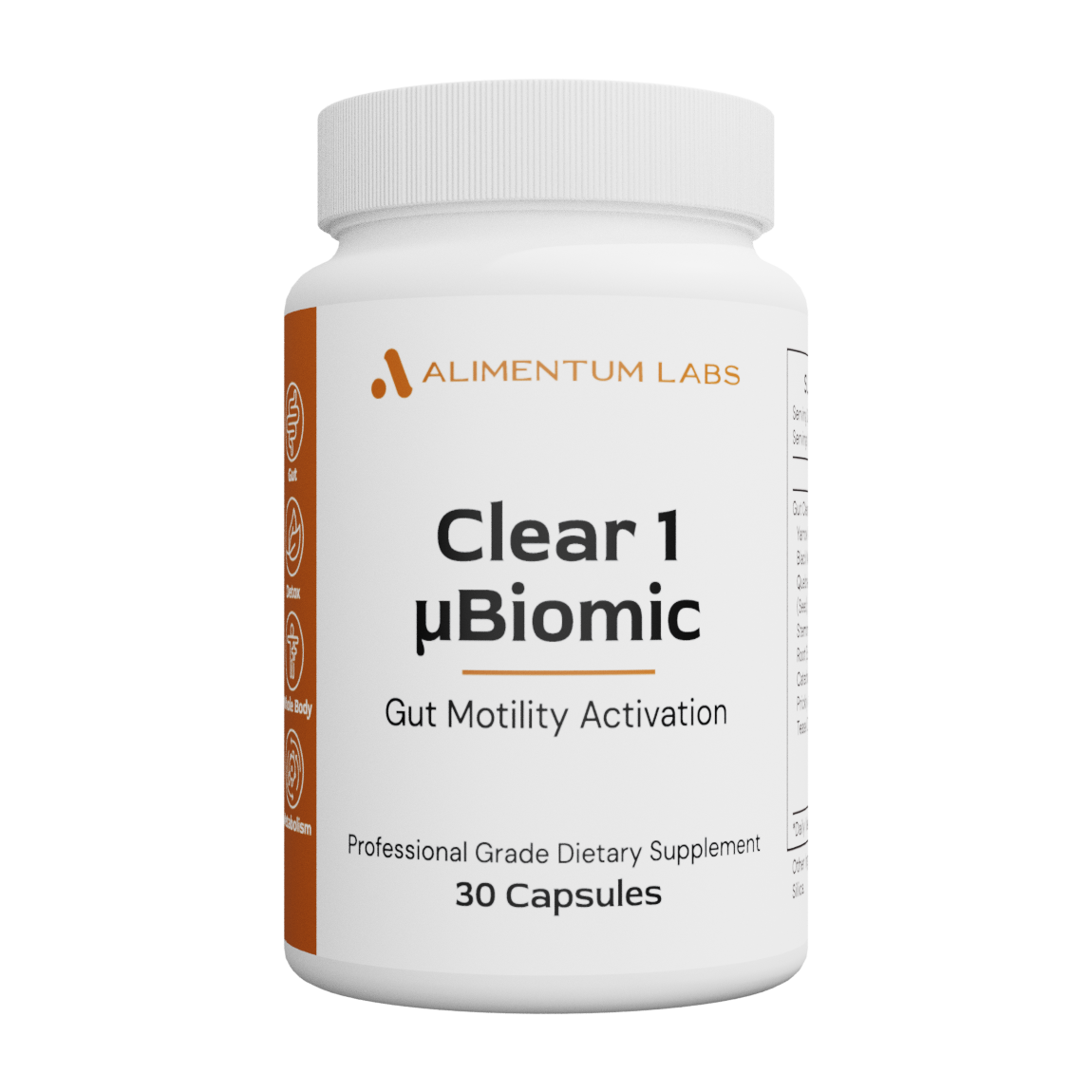
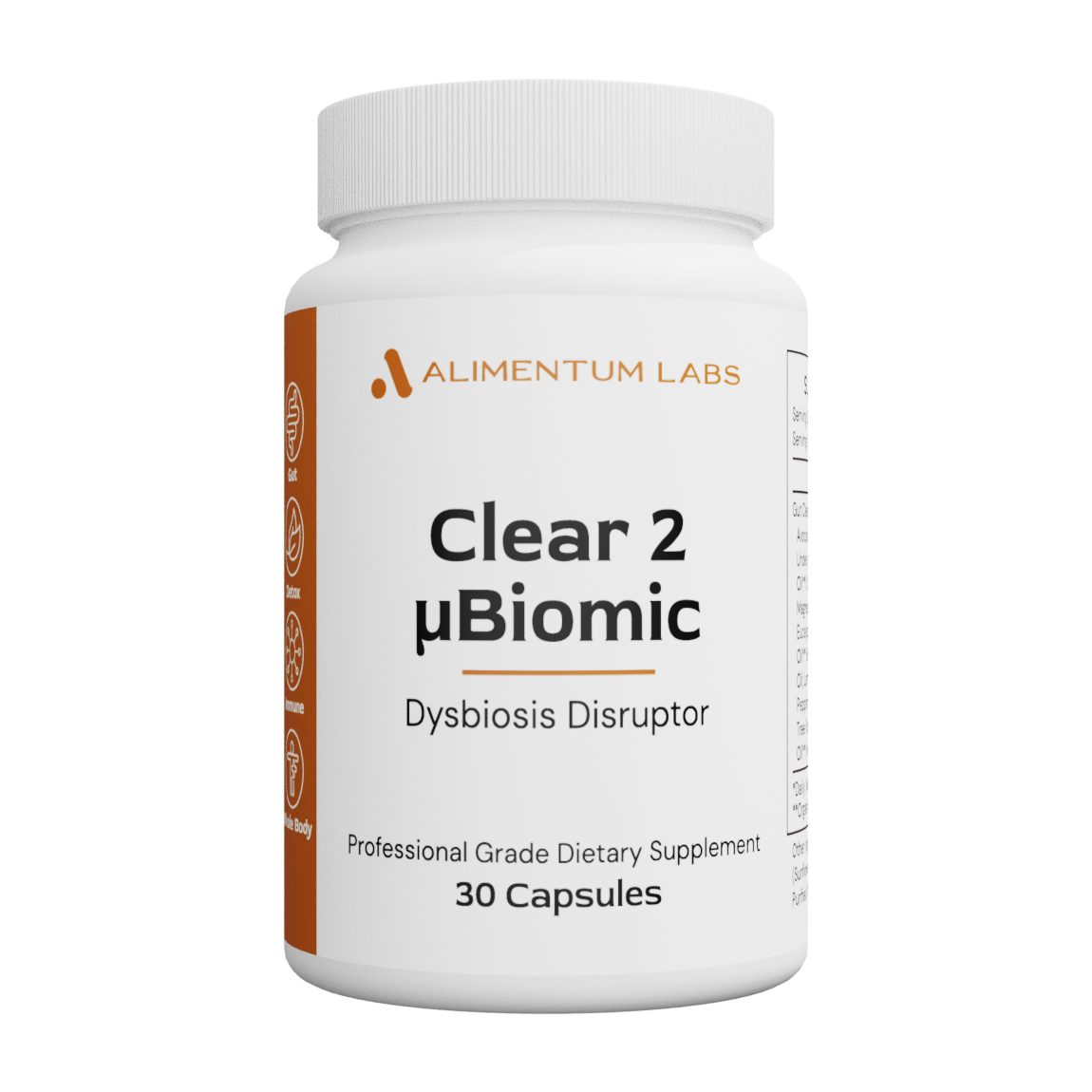
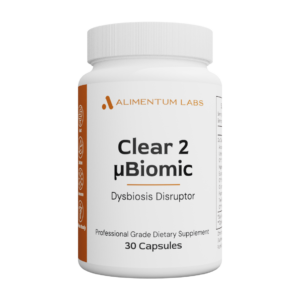
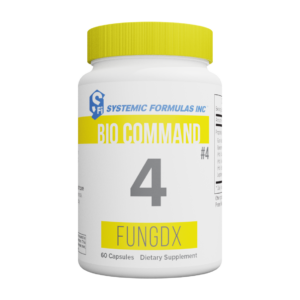
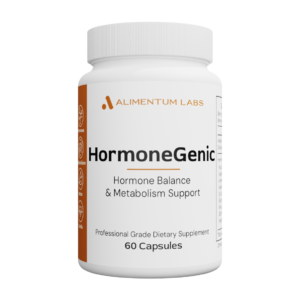
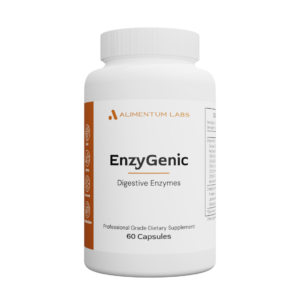

There are no reviews yet.